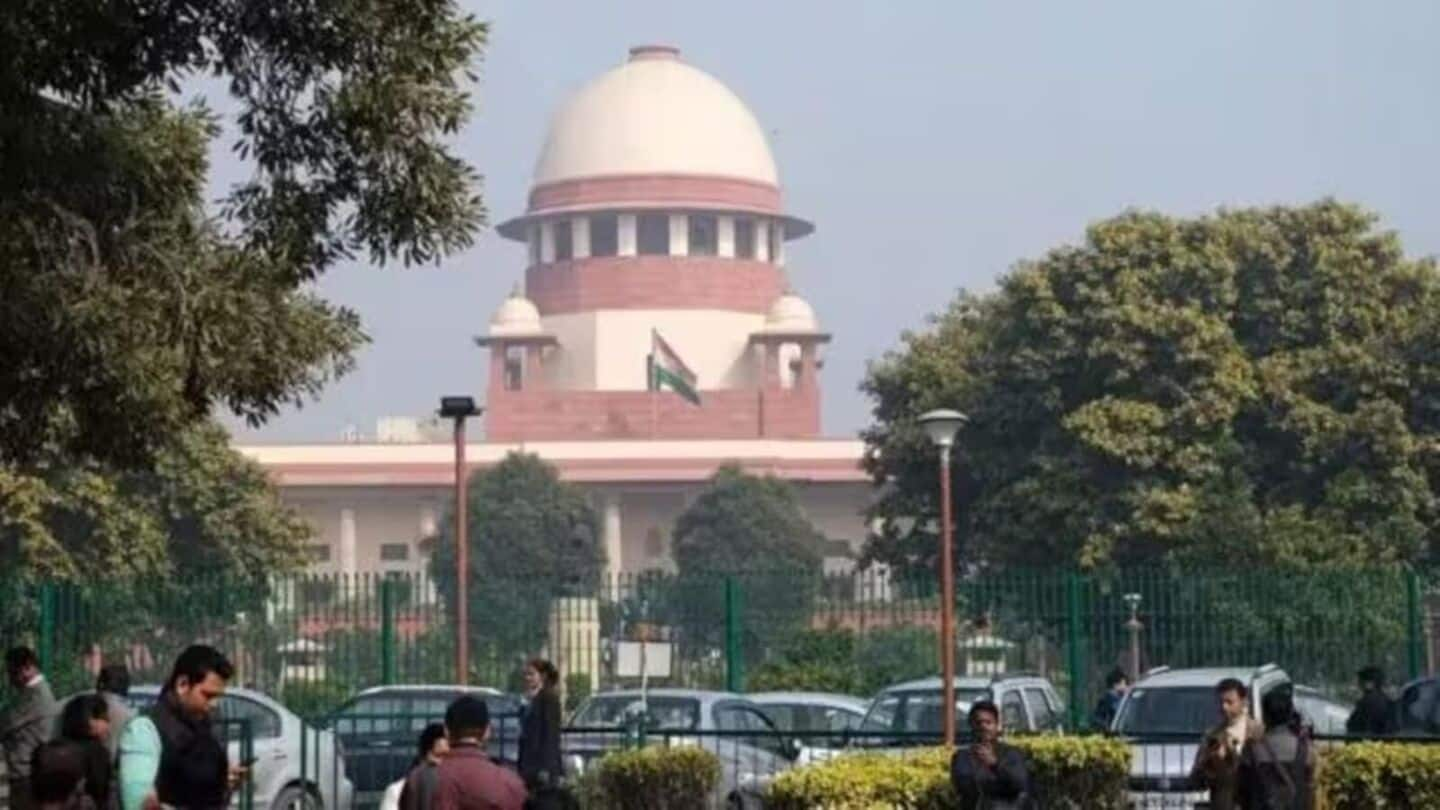
'Urdu not tied to religion': SC allows language on signboard
What's the story
The Supreme Court has upheld the use of the Urdu language on a signboard of a municipal council in Maharashtra.
The ruling came on a petition by Varshatai Sanjay Bagade, a former councilor of Patur town.
She had challenged the use of Urdu on the Municipal Council's nameboard, saying it was against the Maharashtra Local Authorities (Official Languages) Act, 2022.
Dismissing Bagade's petition, the SC said both Urdu and Marathi enjoyed equal status under the Constitution.
Equal status
Urdu, Marathi hold equal status: SC
The court rejected the claims that only Marathi should be used.
It also pointed out that despite its Indian roots, the Urdu language has been unjustly associated with Muslims due to colonial influences.
"Hindi and Urdu met a roadblock in the form of the puritans on both sides and Hindi became more Sanskritized and Urdu more Persian. Hindi was now understood to be the language of Hindus and Urdu of the Muslims, which is...a pitiable digression from reality," it said.
Cultural heritage
Urdu's Indian roots emphasized by the court
The court said that prejudice against Urdu stems from the misconception that Urdu is alien to India. "Urdu, like Marathi and Hindi, is an Indo-Aryan language," it said.
The SC bench further said that Urdu developed and flourished in India due to the need for people belonging to different cultural milieus "who wanted to exchange ideas and communicate amongst themselves."
The court also observed that Urdu has significantly impacted Indian legal terminology in criminal as well as civil law.
Accessibility
Urdu's role in public communication emphasized
The SC stressed that the use of Urdu on the nameboard of the municipal council was an issue of accessibility and communication to the public, not politics or religion.
It said if residents of the area are well-versed in Urdu, there is no reason to object to its use along with Marathi on the Municipal Council's board.
"Let our concepts be clear. Language is not religion...does not even represent religion. Language belongs to a community...and not religion. Language is culture."
Final thoughts
Court's ruling reinforces linguistic diversity
Ultimately, the court ruled that the presence of Urdu and Marathi on the signboard did not infringe any statutory provision.
It reiterated the importance of confronting and reassessing personal preconceptions or prejudices against languages through open dialogue.
"Let us make friends with Urdu and every...language," the bench said.
The Municipal Council rejected Bagade's plea in 2020, citing that Urdu had been in use since 1956.
In 2021, the Bombay HC dismissed her challenge again, prompting her to approach the SC.